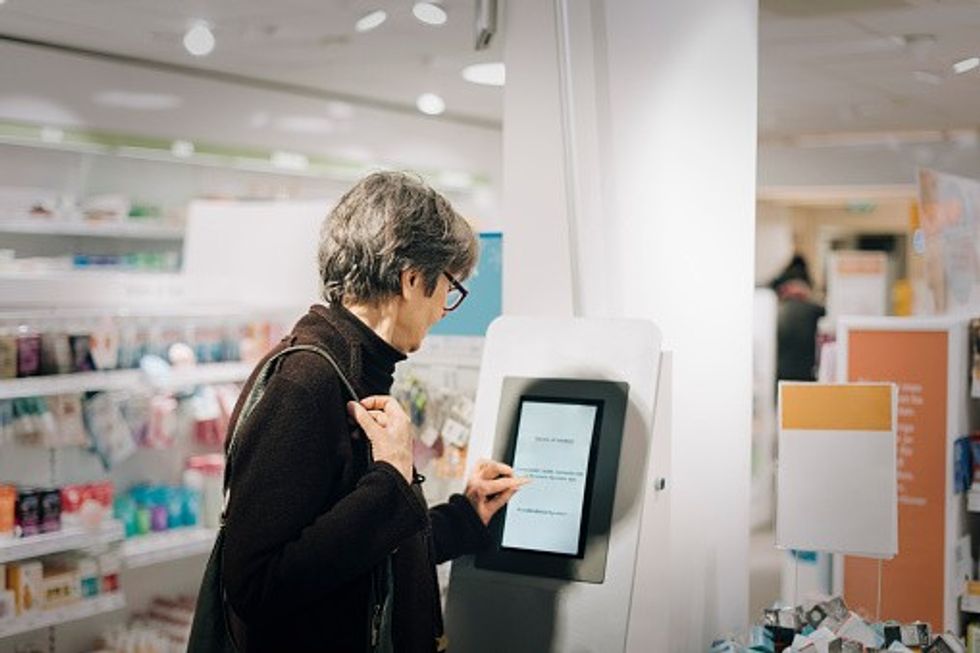Gareth Evans outlines how community pharmacy teams are in a prime position to interact with and help patients suffering from mental health issues…
Being aware of and understanding our mental health is extremely important. Mental health is not simply a medical condition, it essentially encompasses our psychological and emotional well-being.
Mental health awareness has increased in recent years, however, since the COVID-19 pandemic, awareness of our mental stability and how we process our feelings has become all too apparent. It is important that we all learn to be open with our feelings and also be able to support others who may be struggling with their own mental health.
The World Health Organisation (WHO) conceptualises mental health as a “state of well-being in which the individual realises his or her own abilities, can cope with the normal stresses of work productively and fruitfully, and is able to make a contribution to his or her community.”
How can we achieve this?
This importantly is different for every individual. Thus, we must ascertain the needs of each individual and give them the support and guidance that they may need.
The Royal Pharmaceutical Society has called for the need for pharmacists to become much more involved in the provision of mental health services and to support the needs of affected patients. As expected, this will require a systems approach that will integrate pharmacy services with already existing services provided by other healthcare professionals.
Pharmacy is well placed to have an important role in the awareness of mental health well-being. Pharmacy is a safe place for many patients, where they can openly talk and discuss their fears, problems and concerns. Pharmacy teams have an important role to help identify these patients and be able to support and then signpost them to the most appropriate care provider. But they should be given the correct training and tools to be able to do this appropriately. Importantly, pharmacy staff should also be trained to identify the not so obvious cases.
Mental health can also cause individuals to withdraw and become introverted and not everyone feels that they can speak out due to fear/embarrassment. It is here that pharmacy teams can help raise awareness and promote these difficult but all too important conversations.
Pharmacy teams are best placed to spot the early signs of mental health problems, manage long-term conditions, and provide important advice about their medicines. Continued vigilance and rapport with their patients allows any changes in behaviour to be identified. Simple questions of “how are you today” may just be the conversation starter someone needs. Early signs of mental health problems such as anxiety, depression, PTSD etc. can all be recognised by observations and training.
At Rivopharm UK, we actively promote good mental wellbeing with all our staff. We have an open and honest workplace where I feel that we can comfortably discuss any problems an employee may have. We have a diverse group of staff who, through their own experiences, can share, help and support all of our colleagues.
Rivopharm has a number of licensed products used in the treatment of various mental health conditions, we understand that access to medication is very important to help and support patients with such diagnosis. We strive to ensure every patient receives the highest quality Swiss-made medication on time in full.
Many of the drugs used in mental health are associated with health risks.
Pharmacists are experts in these medicines and their use, thus are pivotal in ensuring patients get the best outcomes from their medicines. This can also prevent adverse effects and minimise avoidable harm.
From my own personal experience, I have seen how mental health can have detrimental effects on the well-being and quality of life of individuals. Seeing loved ones in difficult situations with seemingly no solution is heartbreaking.
We need to talk. We need to be open. We need to support each other. By raising awareness of good mental health wellbeing is a great start. Work life balance, regular exercise, mindfulness and a healthy diet are essential and should not be taken for granted.
As a society and community we have started to openly talk about the issues surrounding our mental health and pharmacy in general, must allow this to continue and thrive.
We must listen and connect with each other. It is time for us to start regarding our mental health as important as our physical health.
Gareth Evans is UK Managing Director at Rivopharm.

















 A woman using kiosk at pharmacy store gettyimages
A woman using kiosk at pharmacy store gettyimages  Pharmacist examining commissioning machine in pharmacy gettyimages
Pharmacist examining commissioning machine in pharmacy gettyimages